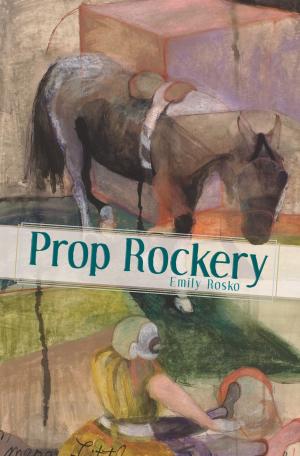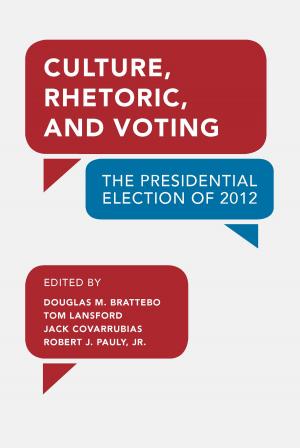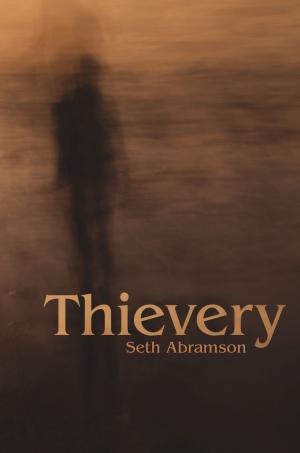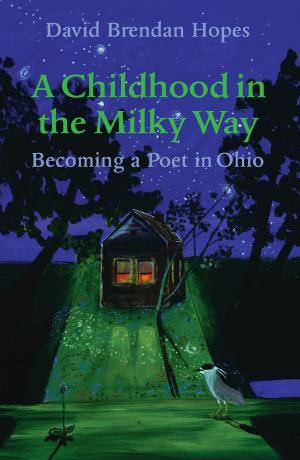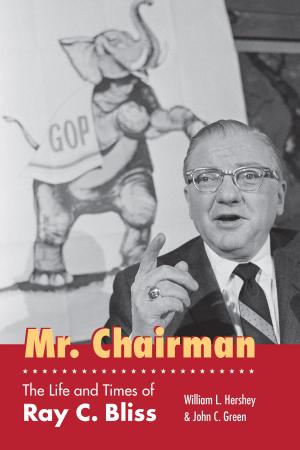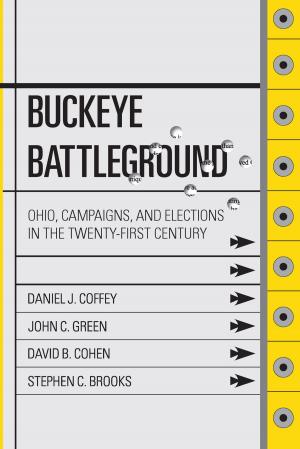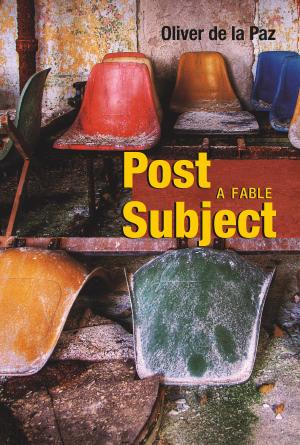| Author: | Lowell A. Levant | ISBN: | 9781629220147 |
| Publisher: | University of Akron Press | Publication: | September 15, 2013 |
| Imprint: | University of Akron Press | Language: | English |
| Author: | Lowell A. Levant |
| ISBN: | 9781629220147 |
| Publisher: | University of Akron Press |
| Publication: | September 15, 2013 |
| Imprint: | University of Akron Press |
| Language: | English |
Lowell A. Levant had the twin vocations of poet and truck driver. He rose to prominence in Berkeley in the ‘60’s as a member of the Artists, Musicians, Poets, and Sympathizers Local of the I.W.W., whose work was collected in Poems Read in the Spirit of Peace and Gladness. Readers will notice four main qualities of his poems. First, as observed by his mentor, Pulitzer Prize winning poet Gary Snyder, there is “… the complex depth of his writing about work, machinery, trucks, equipment, repair, maintenance—-all in a deceptively slightly befuddled voice that masks the surprising competence of what’s being actually done.” Second, there is attunement with nature, characteristic of “Deep Ecology” poetry. Third, there is music, which he also created when he played a Jew’s harp, sang, or strummed his guitar. Finally, Lowell’s poetry often took the form of the unfiltered, unfettered, free-associative declarations of the Beat Poets of his time, particularly those of Allen Ginsberg, whom Lowell admired.
Lowell A. Levant had the twin vocations of poet and truck driver. He rose to prominence in Berkeley in the ‘60’s as a member of the Artists, Musicians, Poets, and Sympathizers Local of the I.W.W., whose work was collected in Poems Read in the Spirit of Peace and Gladness. Readers will notice four main qualities of his poems. First, as observed by his mentor, Pulitzer Prize winning poet Gary Snyder, there is “… the complex depth of his writing about work, machinery, trucks, equipment, repair, maintenance—-all in a deceptively slightly befuddled voice that masks the surprising competence of what’s being actually done.” Second, there is attunement with nature, characteristic of “Deep Ecology” poetry. Third, there is music, which he also created when he played a Jew’s harp, sang, or strummed his guitar. Finally, Lowell’s poetry often took the form of the unfiltered, unfettered, free-associative declarations of the Beat Poets of his time, particularly those of Allen Ginsberg, whom Lowell admired.

